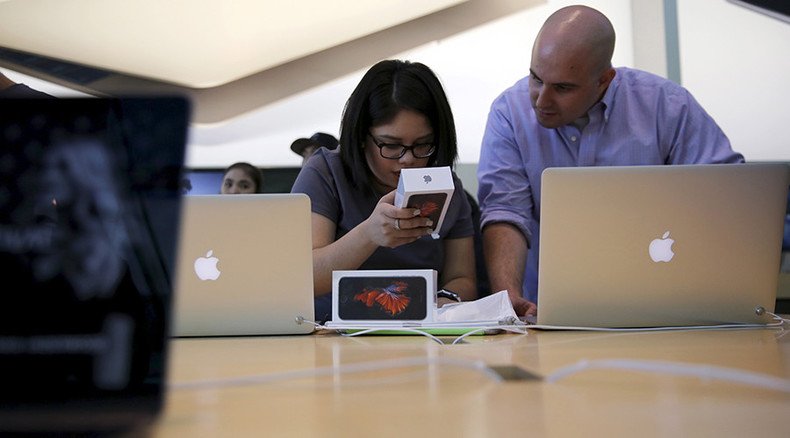Apple shows off commitment to user privacy with new website

Apple has kept its finger on the pulse of a public that is becoming more concerned with the use of its personal information. However, the tech giant has privacy concern baggage of its own.
A new page on the Apple website adds information about iOS 9 as well as specific Apple services and features, some of which have made their debut on the latest version of the operating system (the news app, for example).
The company makes the point that, while the News app is ad-supported, browsing information doesn’t get sent to Apple’s services, nor does it get linked to other apps to for monetization or “personalization” purposes. A “Limit Ad Tracking” option can be enabled to disable targeted ads altogether.
“We use only the necessary data to help create the best experience for you, whether you’re using Maps to locate a restaurant or Apple Music to discover a new artist,” the company says on the web page. “And we never sell your data. We know that the more personal your device becomes, the more critical it is to respect the data that’s on it.”
But Apple doesn’t have a squeaky-clean privacy record itself. It’s Yosemite version of OS X was criticized for logging users’ locations and saving searches made in Spotlight and Safari, then uploading them to the cloud without their permission. Researchers also found that iCloud uploaded documents that hadn’t even been saved yet, and that users might not want uploaded.
Despite this, Apple has been positioning itself as a privacy-conscious alternative to its competitors for years now. An open letter from company CEO Tim Cook emphasized that Apple doesn’t need to use the data of its user base to make its money like other tech giants such as Google and Facebook do.
Harvard student loses Facebook internship days after exposing privacy flaws http://t.co/KqwDyygU5Gpic.twitter.com/VeJl2ixqkd
— RT America (@RT_America) August 15, 2015"Our business model is very straightforward: We sell great products. We don’t build a profile based on your email content or web browsing habits to sell to advertisers," Cook wrote last year. "We don’t ‘monetize’ the information you store on your iPhone or in iCloud. And we don’t read your email or your messages to get information to market to you."
The section on the Apple Maps service can easily be interpreted as a swipe at Google and its competing Google Maps. "Other companies try to build a profile about you using a complete history of everywhere you’ve been, usually because they’re targeting you for advertisers. Since our business doesn’t depend on advertising, we have no interest in doing this – and we couldn’t even if we wanted to."
The company touts the encryption of its Apple Pay service and iMessage, saying that they are protected by end-to-end encryption, meaning that information is stored in a readable format on neither Apple servers nor the user’s device.
“We also refuse to add a backdoor into any of our products because that undermines the protections we’ve built in,” the company says.
This is a particularly topical pledge, since government agencies like the FBI have been quite vocal in their desire for tech companies like Apple to give them a “golden key” into users’ devices and data, and on the cloud.
FBI director pleads with Silicon Valley for access to encrypted data http://t.co/d1izyQ1obDpic.twitter.com/arUrtIuokG
— RT America (@RT_America) September 11, 2015The reaction from Silicon Valley has been swift and decisive – over 140 companies, including Apple and Google, came out against the idea of a built-in backdoor for feds.
“I really believe we have not given this the shot it deserves,” FBI Director James Coney said at a House intelligence hearing earlier this month.












